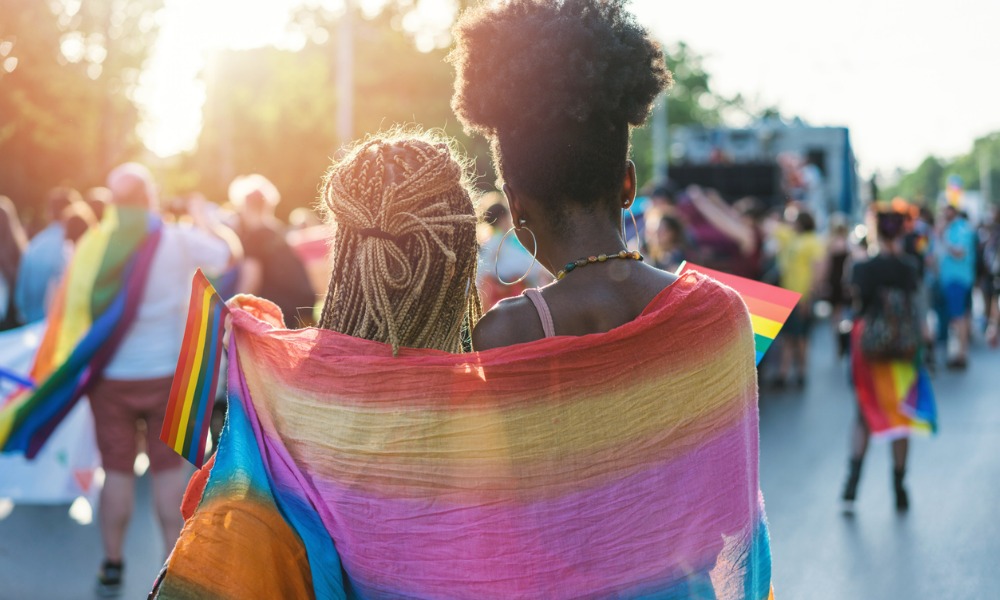Appellant couldn't displace presumption of impartiality of Human Rights Tribunal

The British Columbia Court of Appeal has ruled that enrolment preference of Indigenous, LGBTQ+, and diverse members in a writing workshop does not constitute discrimination against white, cisgender, heterosexual women.
In Miller v. The Union of British Columbia Performers, 2022 BCCA 358, Kathleen Miller was a performing artist and a long-time member of the Union of British Columbia Performers. The Union provides educational workshops for its members and in March 2019, it announced a writing workshop where enrolment preference would be given to “Indigenous, LGBTQ+, and diverse Members.”
Miller did not enrol the workshop. However, she brought a complaint to the BC Human Rights Tribunal alleging that the Union discriminated against her by offering preferential admission to the mentioned groups. She claimed that the Union “decided that heterosexual women deserve less support than ethnic minorities and LGBTQ members.”
In response, the Union sought dismissal of the application. It emphasized that Miller did not apply to enrol in the workshop and asserted that “if traditionally underrepresented groups are supported to tell stories, they produce and write from their own perspective, which [in] turn provides additional performing opportunities for all underrepresented groups.”
The tribunal dismissed the complaint without a hearing and found that the complaint had no reasonable prospect of success. It considered that Miller did not apply to be part of the workshop and recognized that not all women are similarly situated as to disadvantages they suffer. It also recognized that white, cisgender, heterosexual women like Miller enjoy more advantages than men or non-binary people who are racialized, Indigenous, have a disability, or are LGBTQ+.
Miller sought judicial review, but it was dismissed. On appeal, she alleged procedural unfairness when the tribunal member showed bias against her. She alleged that the Union unfairly “assumed prima facie” that diverse and LGBTQ members were disadvantaged.
The appellate court disagreed.
Preference of underrepresented groups did not displace presumption of impartiality
In the assertion of bias, there is a strong presumption of impartiality, said the court. The appellate court found that Miller failed to displace this presumption with the tribunal.
Some of Miller’s arguments related to the substance of the decision, not to procedural fairness, said the court. The fact that her arguments were rejected did not, on its own, constitute evidence of bias, said the court.
Further, the appellate court found that the tribunal’s description of Miller as a “white, cisgender, heterosexual woman,” while unfortunate, did not suggest bias of any kind. The reviewing judge was correct in concluding that there was no reasonable apprehension of bias, said the court.










